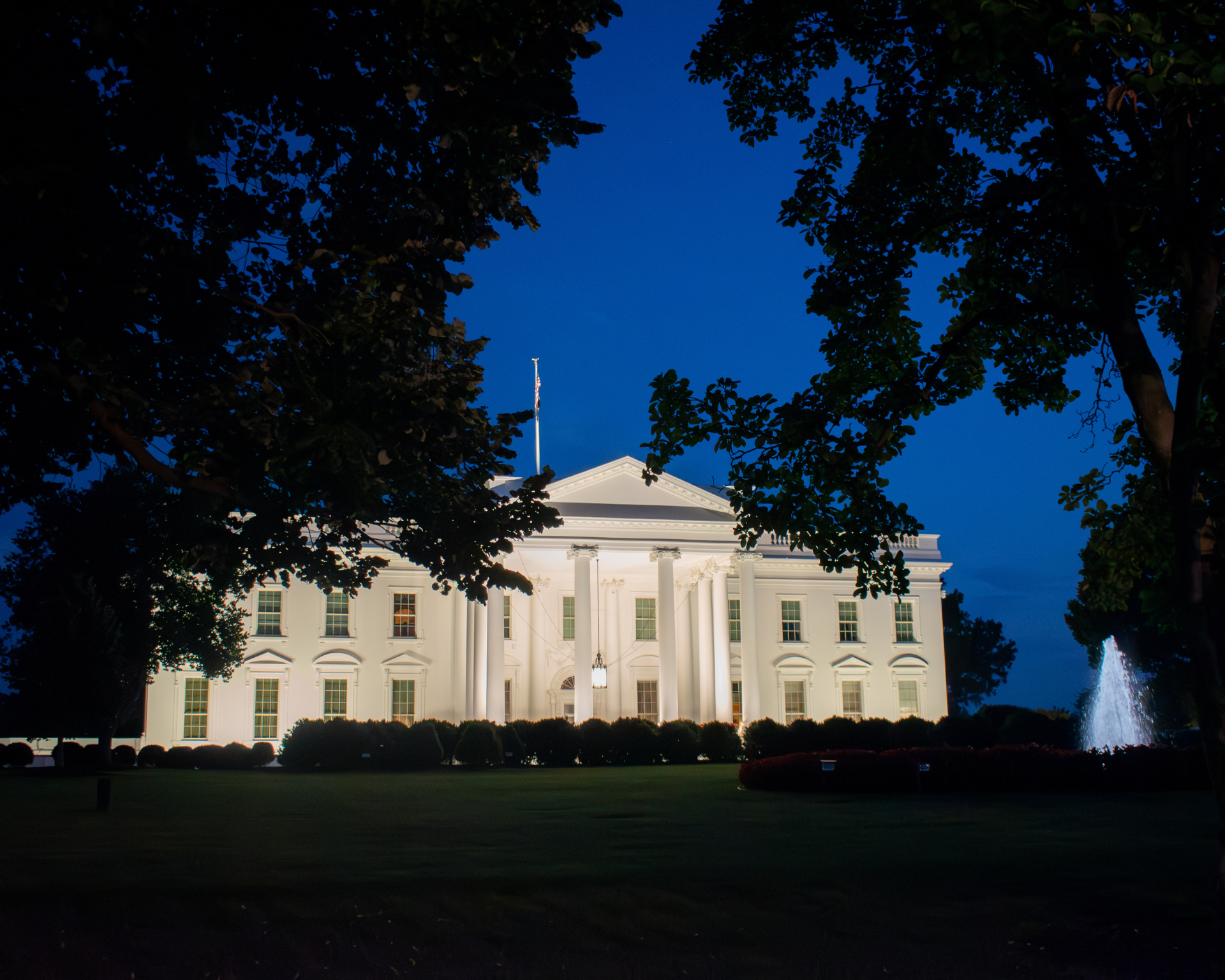Public Health on the Ballot: Reproductive Health
A look at where the presidential candidates stand on issues surrounding reproductive health, past and present.

Read Time: 3 minutes
Published:
The reproductive health policy landscape has been in a state of chaos since the Dobbs v. Jackson Women’s Health Organization Supreme Court decision overturned Roe v. Wade in June 2022. Reproductive rights have been heavy on many Americans’ minds heading into the 2024 election, with key points of concern being access to abortion, contraception, and in vitro fertilization (IVF). Restrictions on reproductive health care access have detrimental effects on health and well-being. States with restrictive abortion bans have higher rates of maternal and infant mortality rates, low birth weight, and preterm births. Policies on local, state, and national levels can impact the reproductive health of all Americans.
The following chart breaks down some of the key reproductive health policies and initiatives the Trump-Pence and Biden-Harris administrations put in place during their respective terms in the White House, as well as what the Trump-Vance and Harris-Walz administrations plan to do if elected in November.
Past Administrations
Biden-Harris (2021-2025)
- Abortion:
- The Administration’s FDA revised restrictions, permitting certified pharmacies and telehealth providers to dispense medication abortion pills.
- Defended abortion access in two key Supreme Court cases on medication and emergency abortions.
- Contraceptives:
- Restored Title X rules, which mandates family planning clinics to provide all contraceptive options, increasing clinic capacity and access to comprehensive reproductive health care.
- FDA approved the first over-the-counter oral contraceptive pills.
- Strengthened access to contraceptives through expanding ACA coverage and calling on other insurance options to do the same.
Trump-Pence (2017-2021)
- Abortion:
- Trump took credit for overturning Roe v. Wade: “After 50 years of failure… I was able to kill Roe v. Wade.”
- Saw the highest number of abortions in over a decade following Dobbs.
- Instituted a domestic gag rule, which barred clinicians in Title X-funded clinics from providing abortion counseling or referrals.
- Contraceptives:
- Issued regulations permitting employers to opt out of the ACA’s contraceptive coverage requirement for religious or moral objections.
- Disqualified 25% of family planning clinics from funding and cut 46% of total capacity because of the domestic gag rule, decreasing access to contraceptives and other reproductive health care.
Future Administrations
Harris-Walz
- Abortion:
- Advocates for a federal law to restore Roe v. Wade’s standard of abortion legality prior to viability.
- Promises to repeal the Hyde Amendment, which restricts Medicaid coverage of abortions.
- As governor of Minnesota, Walz signed the first state law to protect abortion rights after Dobbs.
- Contraceptives:
- Supports the continuation of federal protections for contraceptives via Griswold.
- Supports expanding contraceptive access, especially for military members and dependents.
- IVF:
Trump-Vance
- Abortion:
- Trump considered a 15- or 16-week abortion ban, supported Florida’s 6-week abortion ban, and also favors leaving abortion policy to the states.
- Vance has previously advocated for a national abortion ban.
- Trump states that he would not ban mail delivery of medication abortion pills.
- Contraceptives:
- Initially supported regulations on contraception, but now says it should be left to the states to decide.
- IVF:
- Trump supports IVF access: “The Republican Party should always be on the side of the miracle of life…IVF is an important part of that.”



